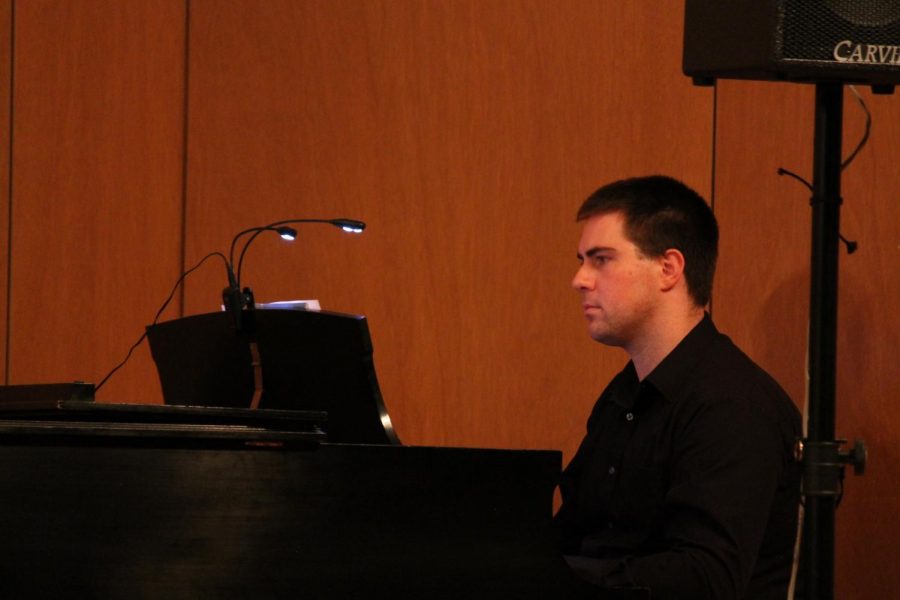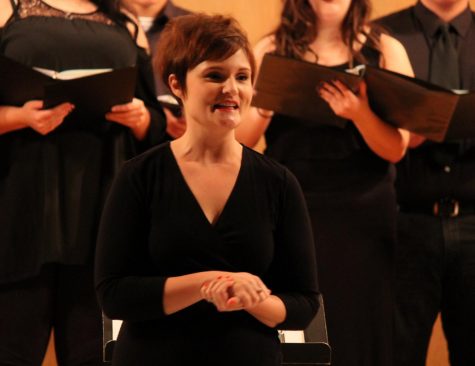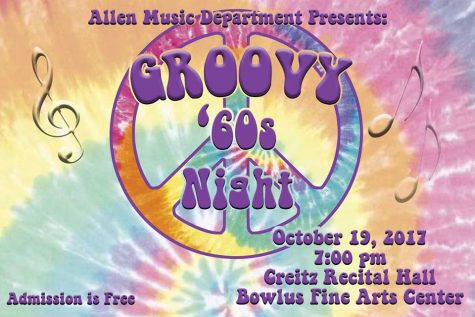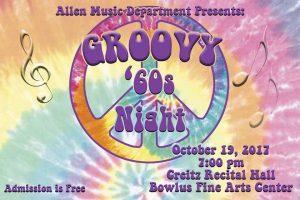On the Same Wavelength: Your Brain on Music
Dr. Jeffery Anderson, the band director at Allen, believes that music can help you to stay focused while studying.
November 5, 2018
“Do you like to listen to music?”
That’s a rather daft question. Of course, most people like to listen to music and there’s a scientific reason. According to Dr. Jeffrey Anderson, the cause is very natural.
“Everyone has a heartbeat and the rhythm of music makes you feel more comfortable and natural,” Dr. Anderson said.
Anderson has three degrees in music from Michigan State University, Bowling Green State University, and the University of Cincinnati College-Conservatory of Music.
Learning how to play an instrument helps teach hand-eye coordination, and focus. It teaches (students) discipline, perseverance…
— Jeffery Anderson
He said there was value in learning a musical instrument at a young age for mental development.
“It teaches hand-eye coordination, focus… It teaches them discipline, perseverance, and also community and working with others,” said Anderson.
However, when it comes to the notion of studying while listening to music, Dr. Anderson has a realist approach.
“I don’t really buy the Mozart effect. I think it can keep you focused more. I don’t think it will mentally [be able to] put more knowledge in, but it might make you less bored so you might be able to do something longer,” Anderson said.
Having a favorite tune actually has a scientific basis. First off, simply listening to music demands the full use of the human brain. There are many parts of the brain that are all affected differently, but mainly it is generalized into three groups: the cerebrum, the cerebellum, and the limbic system.
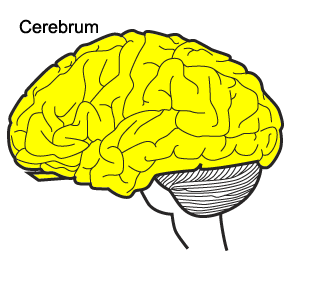
The cerebrum is the top and frontal part of the brain. It’s the two hemisphere section that looks all wrinkly and takes up a majority of the organ. The cerebrum is where all of a person’s conscious actions take place, such as independent thought, reasoning, movement, and memories.
Music will stimulate the cerebrum, recalling music lyrics and sounds when they are heard or sung. It also functions to keep that song in working memory and will bring up images from one’s memories that are associated with the song.
The cerebellum is the smaller part of the brain located in the back. Similar to the cerebrum, it also has two hemispheres. The cerebellum is responsible for actions such as balance and coordinating skeletal muscle movements. The cerebellum helps to create smooth, flowing and integrated movements when hearing or playing music.
Essentially, the cerebellum is what keeps an internal rhythm as one is dancing their heart out to their favorite song on the dance floor. The cerebellum also assists in the playing of a musical instrument, working in tandem with the cerebrum, as it helps the musician to move his or her fingers with what’s on the sheet music (the hand-eye coordination and other skills Dr. Anderson described).
Lastly, the limbic system is buried deep inside of the cerebrum and is responsible for the production of emotions. It may be easy to see how music would affect this part of the brain with that knowledge. This is the part of the brain that gives one chills, makes a person happy, or makes someone cry when listening to a particular melody.

